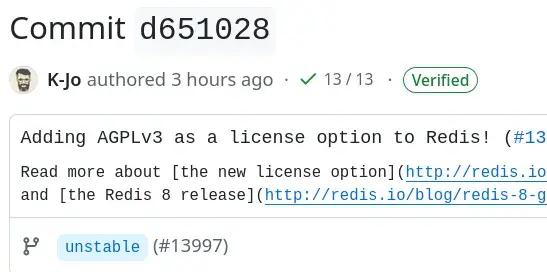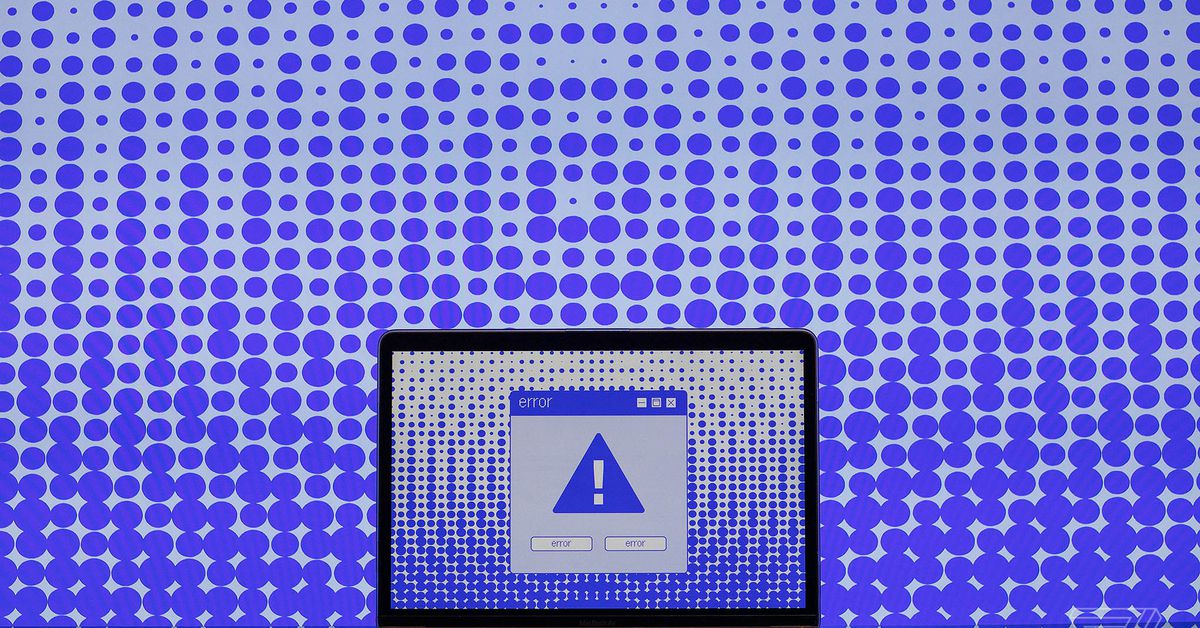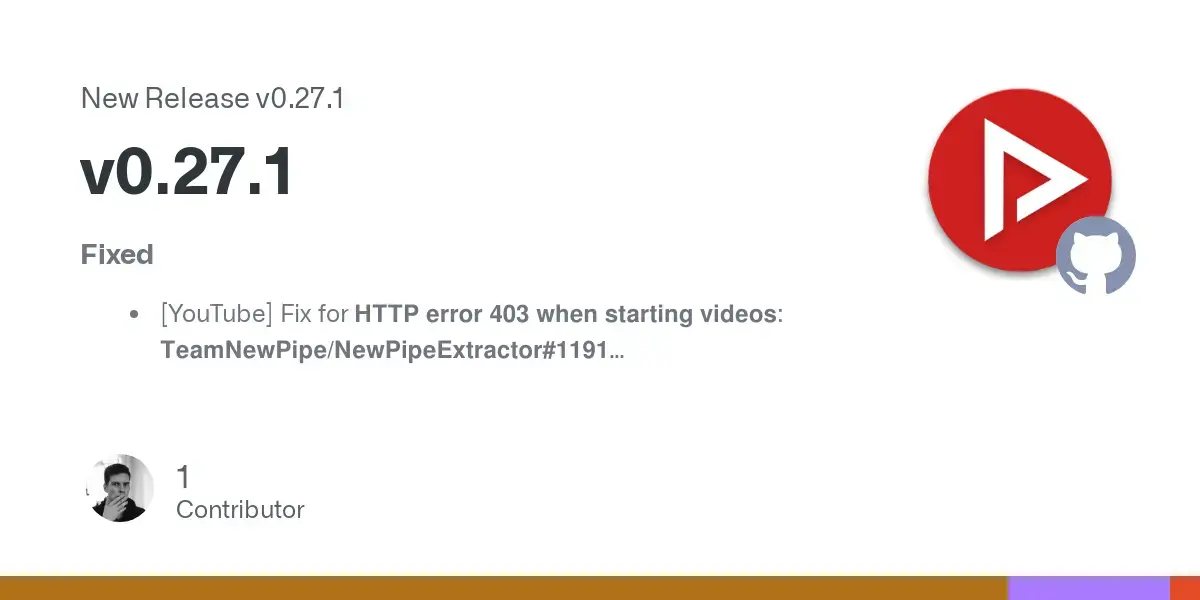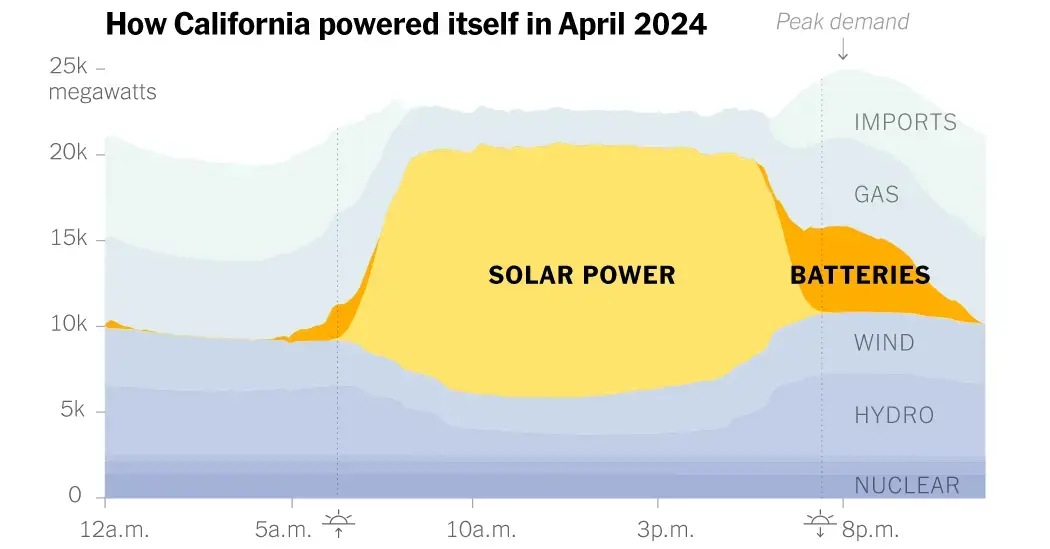

We plan to be a wildly successful company, but if we get it wrong, that’s on us.
That’s incorrect. If OpenAI get this wrong, they won’t (be able to) make investor whole. People would loose part of their savings if they’re exposed to OpenAI through direct or indirect investments.
Even if they get it right, everyone suffers from the pollution caused by AI datacenters, and from the opportunity cost since investors are pouring resources in this hyped technology rather than more reponsible things like renewables, energy efficiency, …
















Confused people